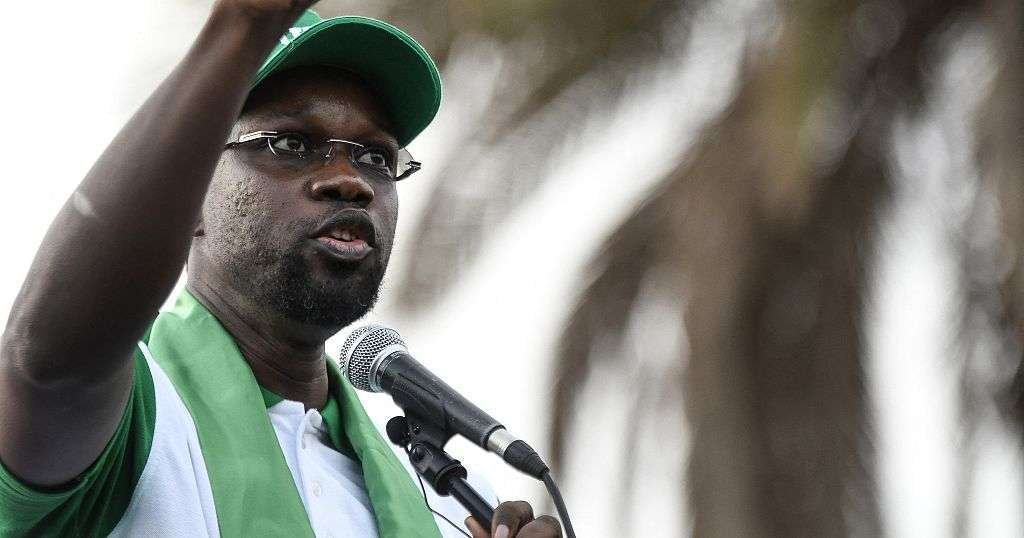Dakar, Senegal – (African Boulevard News) – Senegal’s political landscape was rocked this week as opposition politician Ousmane Sonko was charged and remanded in custody on accusations of fomenting insurrection. Sonko, a prominent figure in the opposition, was arrested at his home three days prior to the charges being brought against him.
The charges against Sonko have sent shockwaves throughout the country, with his supporters taking to the streets in protest. His arrest and subsequent charges come at a time of heightened political tension in Senegal, as the country grapples with economic challenges and a growing discontent among the population.
Sonko, the leader of the Pastef party and a former presidential candidate, has been a vocal critic of President Macky Sall’s government. He has accused the government of corruption and mismanagement, and has called for political reform and greater transparency in the country’s governance.
The charges against Sonko stem from allegations made by a young woman who accused him of rape. Sonko has denied the allegations, calling them politically motivated. His arrest and subsequent charges have drawn criticism from human rights organizations, who argue that the case is being used to silence political dissent.
Speaking on behalf of Sonko, one of his lawyers stated, “We strongly believe that these charges are politically motivated and are aimed at silencing opposition voices. The timing of this arrest and the subsequent charges is highly suspicious and raises questions about the government’s intentions.”
The arrest of Sonko has also drawn international attention, with several countries and organizations expressing concern over the political situation in Senegal. The European Union called for his immediate release, stating that the charges against him should be handled in a fair and transparent manner.
As protests continue in the streets of Senegal, the government faces a challenging task of maintaining order while respecting the rights of its citizens. There are fears that the arrest of Sonko could further escalate tensions and lead to further unrest.
The case against Ousmane Sonko is likely to have far-reaching implications for the political future of Senegal. As the country approaches its next presidential election, scheduled for 2024, the charges against Sonko could impact the political landscape and shape the direction of the country in the years to come.
In the midst of these uncertain times, Senegal finds itself at a crossroads, with the government under scrutiny and the opposition demanding change. The events surrounding Ousmane Sonko’s arrest and charges raise important questions about the state of democracy and political freedom in the country. As the world watches, it remains to be seen how Senegal will navigate these challenges and what the future holds for its people.

